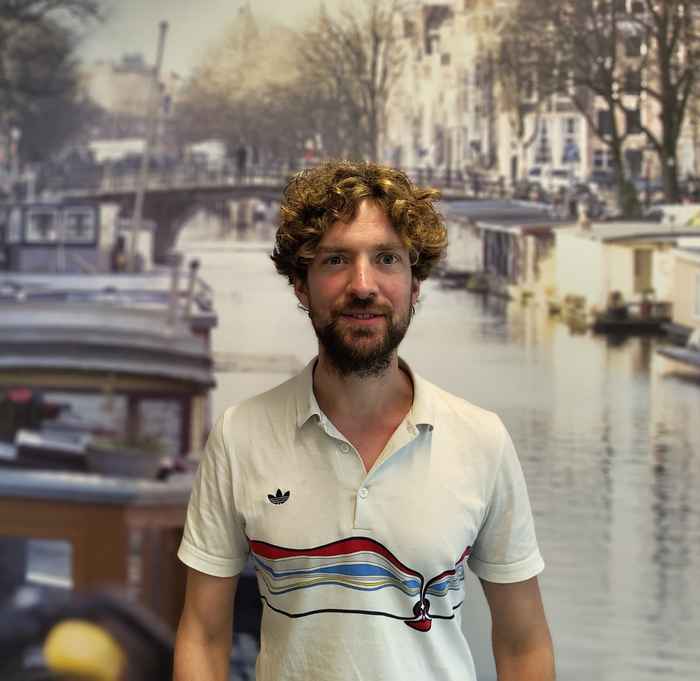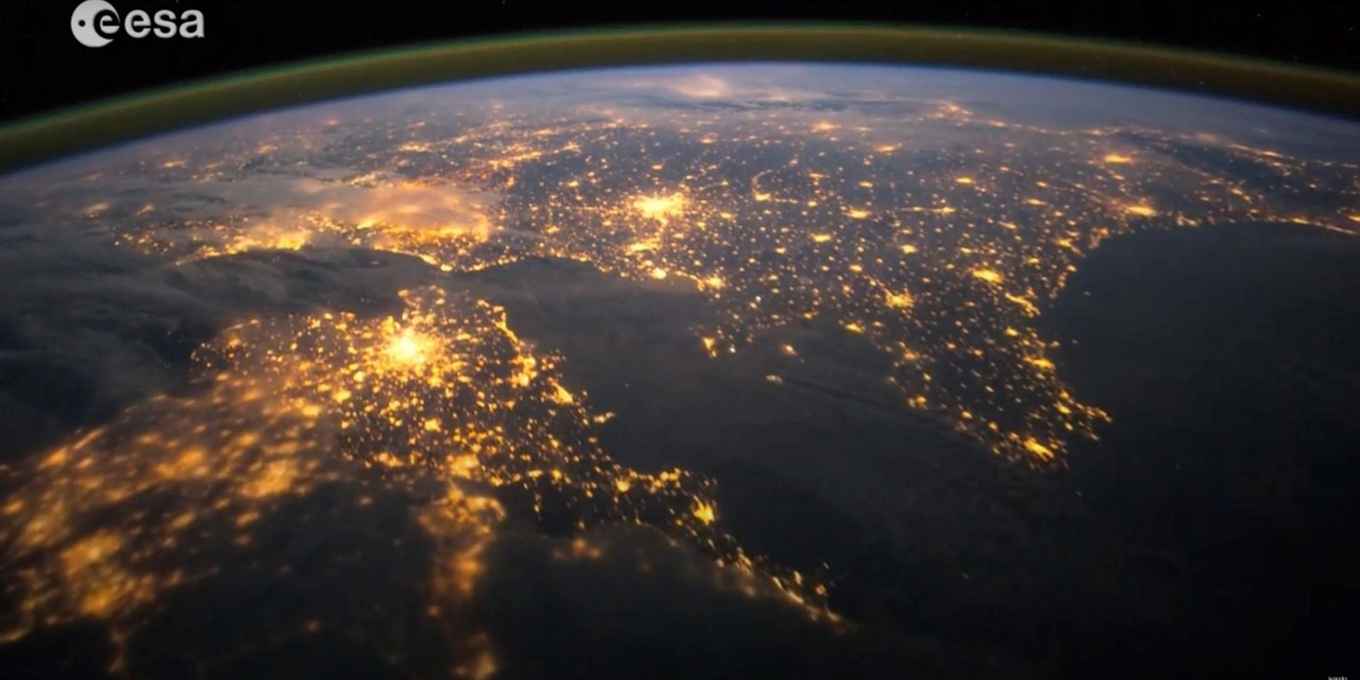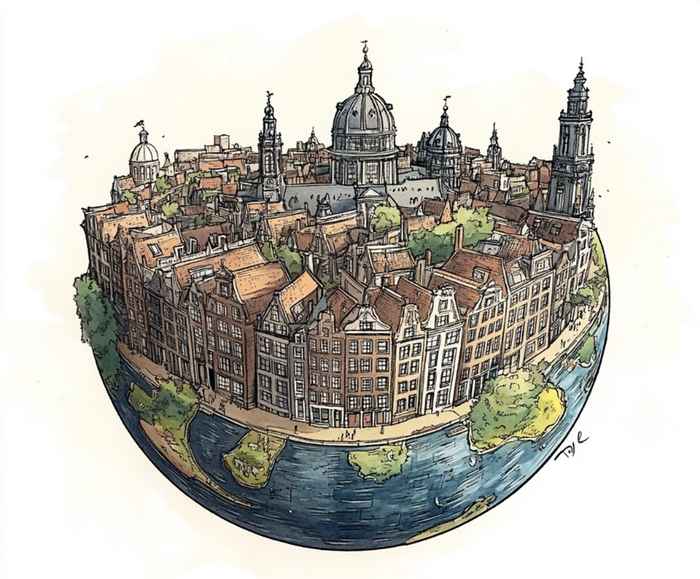The Anthropocene is Largely Urban-driven. Can We Invest City Systems Back Within Planetary Boundaries?
Kick-off lecture by Daniël Hogendoorn
- Date
- 12 November 2024
- Time
- 12:00 -14:00
- Location
- Oude Turfmarkt 145-147
- Room
- Sweelinck Room

The Anthropocene is Largely Urban-driven. Can We Invest City Systems Back Within Planetary Boundaries?
Human Activity and Urban Impact
Human activity has caused irreversible shifts in Earth's systems, and these trends will continue unless significant changes are made. Cities are central to this activity, with 70% of people expected to live in urban areas by 2050. Urban regions significantly impact the climate, hydrosphere, and biosphere, contributing roughly 70% of CO2 emissions, while also driving deforestation, water extraction, agriculture, and industry—all being largely subservient to these complex urban systems. Since the Industrial Revolution, city systems have accelerated their spread across the planetary surface, as illustrated so vividly by nighttime satellite imagery.

Two perspectives on changing urban systems
Cities must rethink how their investments in infrastructure and growth either mitigate or exacerbate these impacts. There are two frames of reference to consider here: the view from within the city system and a global ensemble view. The first is a matter for practice; the second a matter for science. To do the first well and at scale, the latter is necessary, but lacking.
In my talk, I will reflect on the practitioner perspective within Amsterdam, a city well-positioned to work toward planetary boundaries with political commitment, resources, and sustainability policies, but also struggling to meet its goals and legal obligations. I will argue that the latter will require a rethink of how we do our internal finances, as much as how we finance the path to sustainability. I will also argue that even if we were to succeed by innovating here, context matters, so that such innovation doesn't necessarily scale. And for that, I want to explore with you what, if anything at all, the second perspective, and downward causation, can bring.

The long view depends on fixing a blind spot
A scientific perspective calls for understanding city systems as an ensemble of complex dynamic entities that grow, sustain themselves through long logistical chains, and impact the Planet. Such a view would prioritize the whole, help take the long view, and with it help cities reshape their investments. To address the investment problem from this ensemble view, I argue we need a detailed understanding the empirical, multiscale networks of city systems that drive Anthropocene civilization. Rather than focusing, as the IPCC does (and does well), on 'natural' phenomena on the science side and addressing nation-states alone on the policy side, we should include a view on city systems as natural phenomena in their own right.
Getting city systems within planetary boundaries requires progress on both sides of the science-policy interface, and I hope to explore how to think more rigorously about these matters from both an academic and a practitioner's perspective at IAS.
Programme
| 12:00 | Lunch on arrival |
| 12:30 | Welcome & introduction by Huub Dijstelbloem |
| 12:40 | Lecture by Daniël Hogendoorn |
| 13:40 | Q&A |